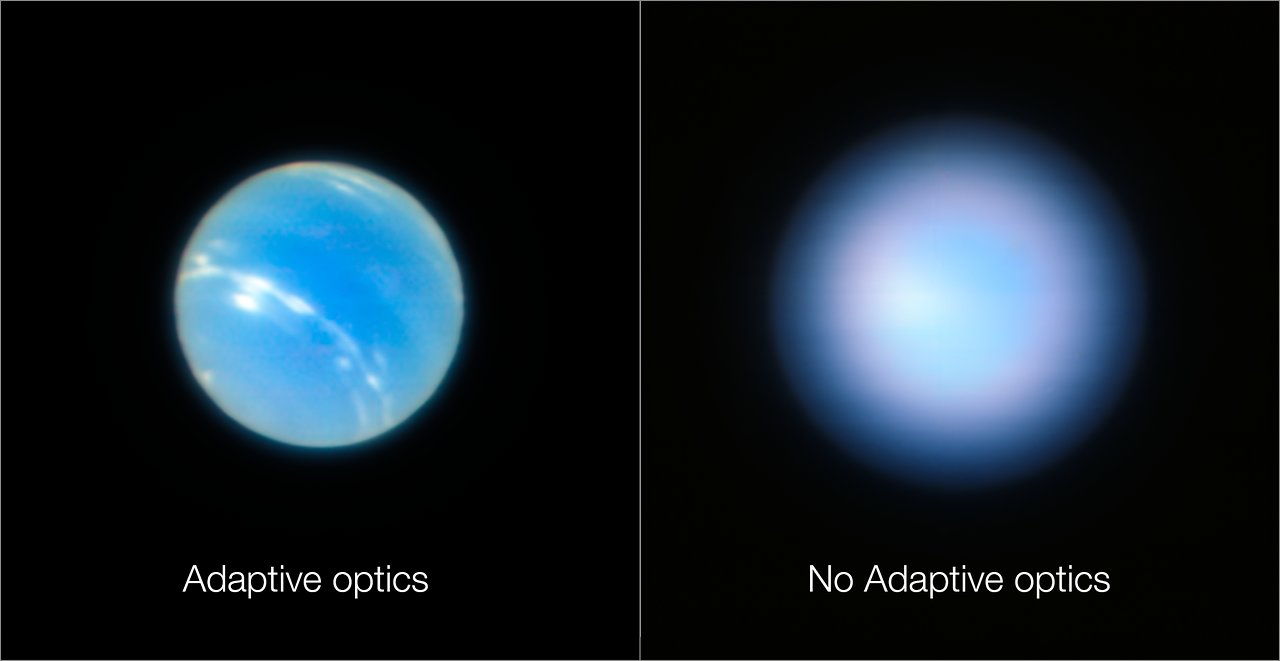Thin Models Aren’t Doing It for Some Women

Just a little while ago, I wrote about a study where researchers from the University of Kent suggested that brands could use average-size models without losing out on their bottom line. I’m here to write to you all again about another study of this nature co-authored by Baylor University Marketing Professor James Roberts.
He wrote in the study:
“The current ‘thin sells’ fixation is a gross oversimplification of how women respond to advertising.”
In the paper, entitled Does Thin Always Sell? The Moderating Role of Thin Ideal Internalization on Advertising Effectiveness, researchers write about how they gathered a diverse group of 239 women to see if they responded positively to the internal idea that they can attain the same level of thinness as models depected in magazines, or to the thought of a “thin ideal.”
Roberts said:
“It was our belief that women who ascribed to the ‘thin ideal’ would be more receptive to the thinner models.”
The researchers then asked the participants to look at a series of images of women modeling with purses. Half the photos were altered to increase the model’s size. The researchers measured participants’ attitudes toward the brand and whether or not they would purchase the purse.
Roberts reported:
“For those who did not ascribe to the thin ideal, model size did not play a part in ad effectiveness.”
He says that of the participants, 25 percent disagreed with the idea of a thin ideal and 45 percent only ascribed to part of it. Of course, the 30 percent of women that did agree with a thin ideal “were more receptive to thin models compared to average-size models.”
He concludes that advertisers need to do more homework — they may be missing the bull’s-eye on their target market.
“We need to look at the target market, and we also have to look at the product category. For some product categories, ‘thin’ is probably going to do better. For others, it very well may be that an average-size model may sell better than a thin model. It just may be a good business decision.”
Read more at EurekAlert!
Photo Credit: Shutterstock





